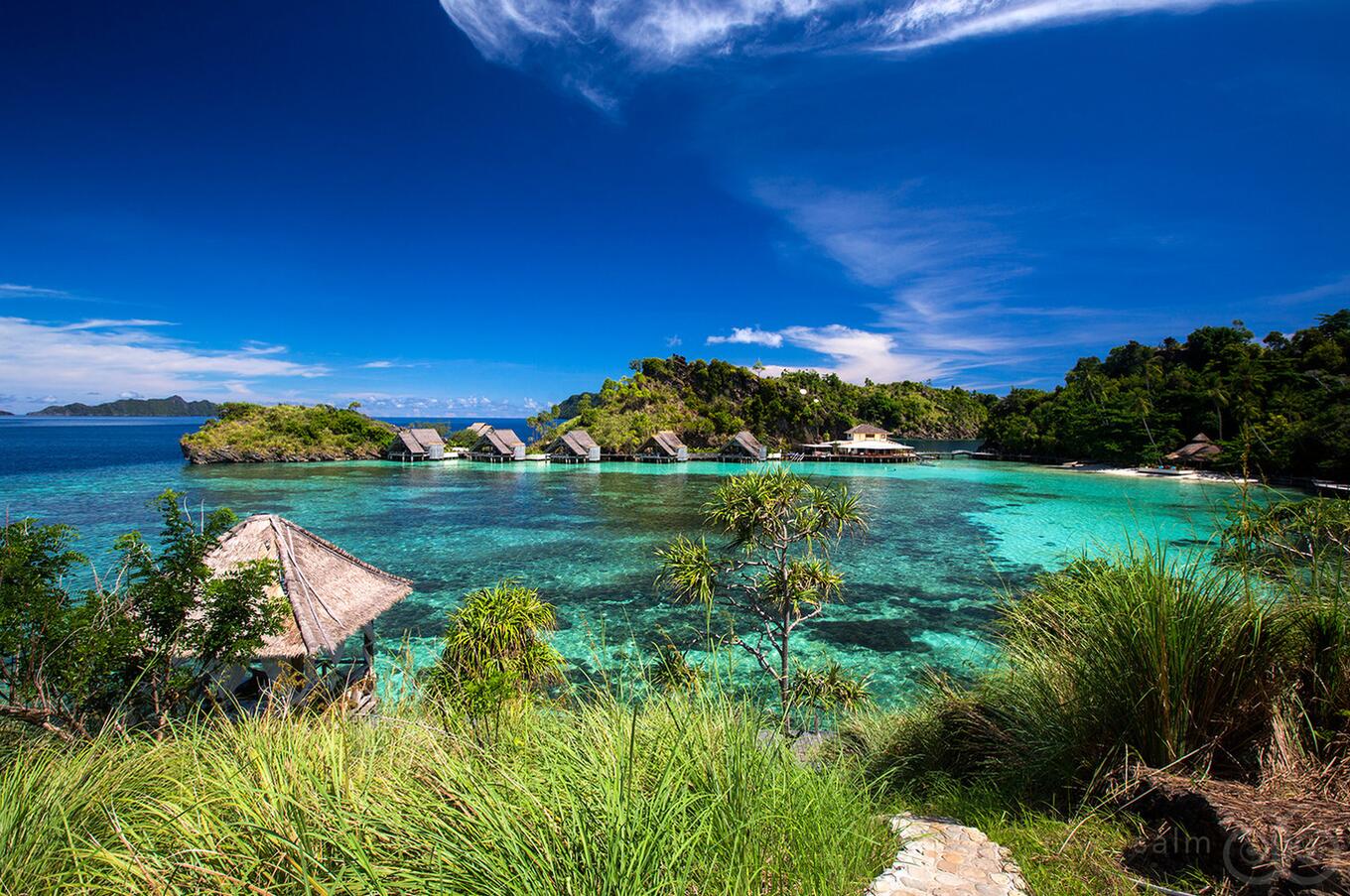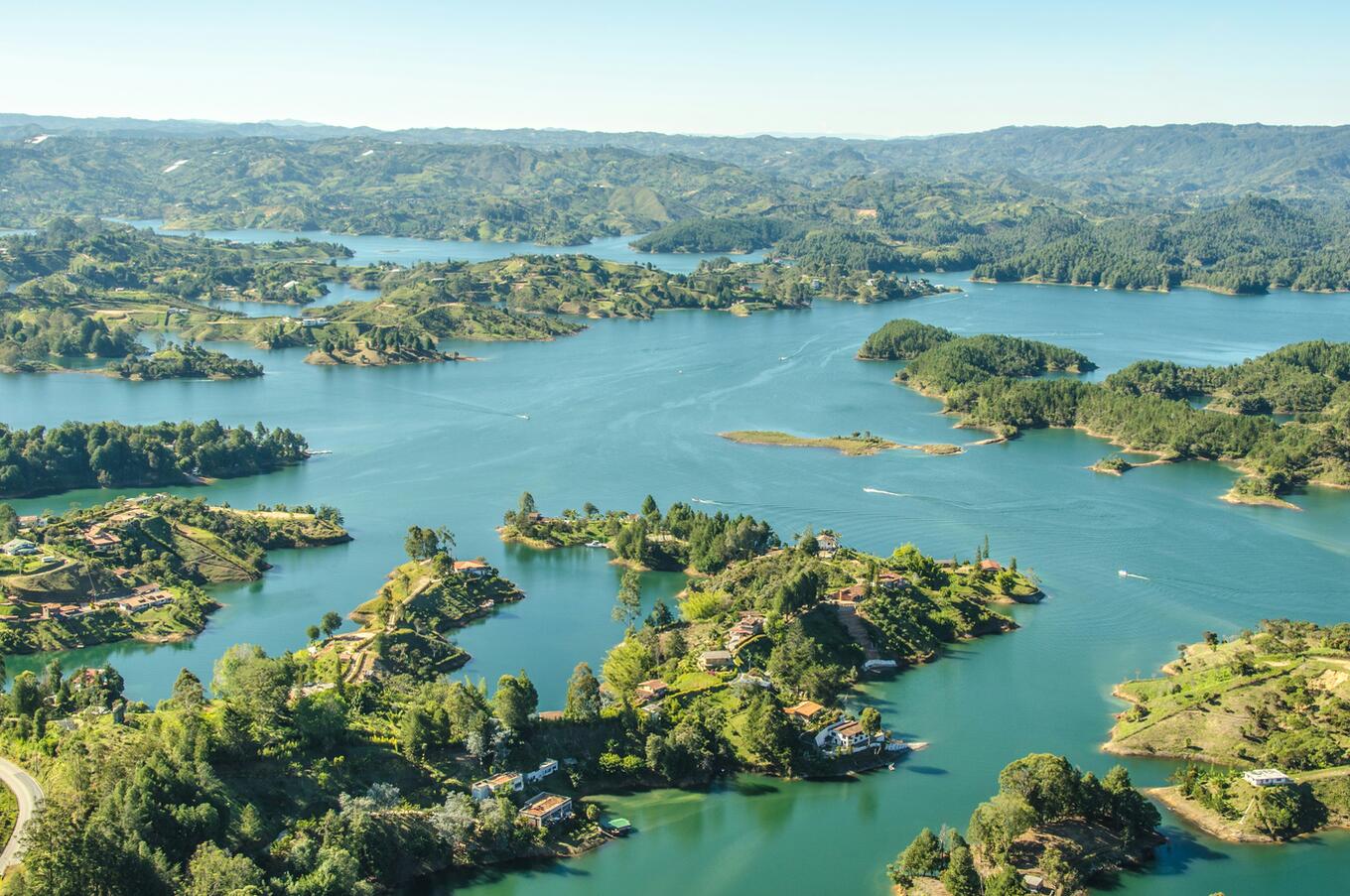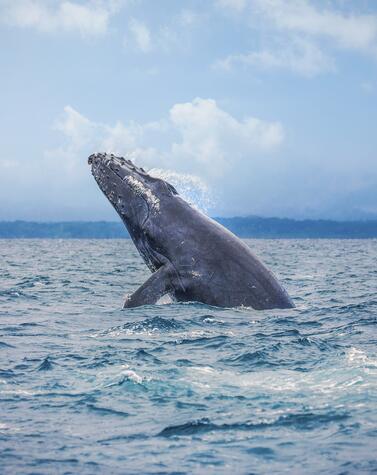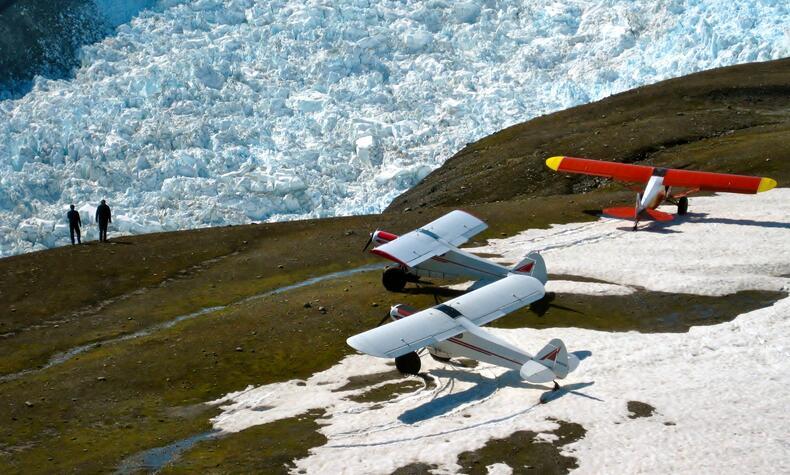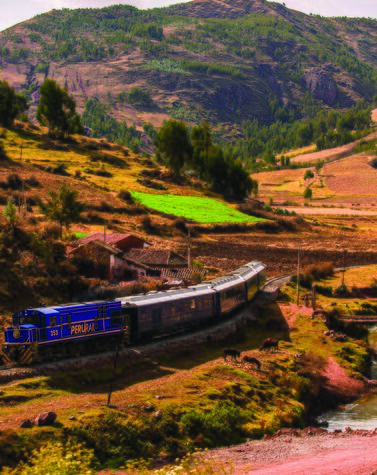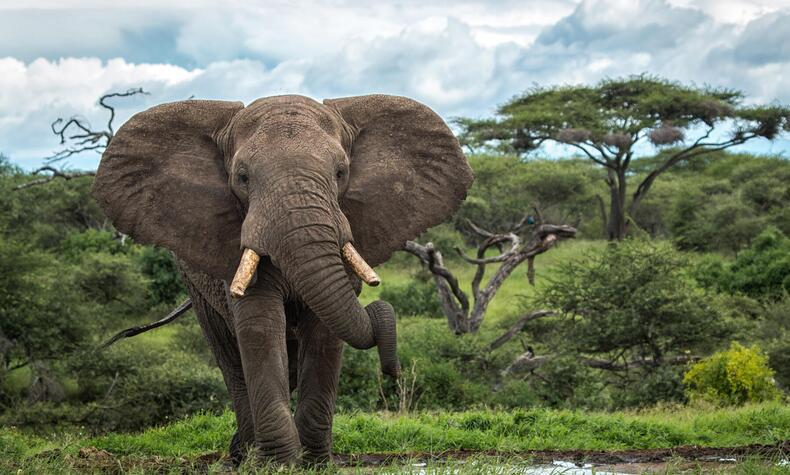Conscious and responsible travel: the future of sustainable tourism
A conscious and responsible traveler considers the impact of his or her travels not only on the environment, but also on local communities, socially and economically. This type of traveler seeks to take care of themselves by caring for the environment and others, helping to preserve the culture and traditions of the places they visit, and supporting the economic sustainability of local communities. This can be achieved by staying in local hotels and consuming local products, nourishing body, mind, and soul with the awareness that we are part of nature and therefore co-responsible for the future of our planet.
Sustainable tourism: transportation
Transportation is one of the most critical aspects of sustainable tourism. Aviation, for example, contributes about 2-3% of global carbon emissions, according to the International Air Transport Association (IATA). This body predicts that by 2037, the number of air passengers will double to 8.2 billion. Here are some airline initiatives to reduce their environmental impact:
United Airlines has a multi-company partnership called the Eco-Skies Alliance, which brings together leading global corporations with the airline to help them fly more sustainably. This partnership helps its corporate customers find ways to reduce their environmental impact and make aviation more sustainable through the use of sustainable aviation fuel. In addition, United Airlines has emerged as the leading purchaser of sustainable aviation fuel (SAF), acquiring nearly 11 billion liters through purchase agreements and investments.
EasyJet has set a new goal of reducing carbon emissions by 35% by fiscal year 2035. The airline has implemented several actions to reduce its environmental impact. These include modernizing its fleet with more fuel-efficient aircraft and optimizing routes to reduce the distance flown. In addition, the airline is exploring cleaner technologies, such as biofuels, and is committed to reducing the use of disposable plastics on board. It also offers its customers the option of offsetting the carbon emissions associated with their flights. These initiatives are part of its approach to sustainability and reducing its environmental footprint

Finnair is committed to increasing the use of sustainable aviation fuel (SAF), one of the most essential tools for solving flight emissions challenges in the coming years. Sustainable aviation fuel can reduce carbon dioxide emissions by approximately 80% compared to fossil fuels. Finnair also has a goal of reducing its emissions by 50% by 2025.
KLM-Air France has a fleet of more efficient and less polluting aircraft, and has reduced its CO2 emissions by more than 20% compared to 2011. In addition, Air France has eliminated the use of plastics on its flights, replacing them with more sustainable materials. KLM has also launched the "Fly Responsibly" initiative, inviting its passengers to offset their flight emissions and consider more sustainable alternatives, such as the train for short distances.
Iberia has acquired a cleaner fleet with aircraft that save 25% of fuel and reduce CO2 emissions by the same proportion. In addition, the airline has implemented in-flight recycling programs and has committed to eliminating all single-use plastics by 2025. Iberia is also involved in reforestation and conservation projects in Latin America to offset its carbon emissions. They have set themselves a very ambitious goal: to achieve climate neutrality by 2050.
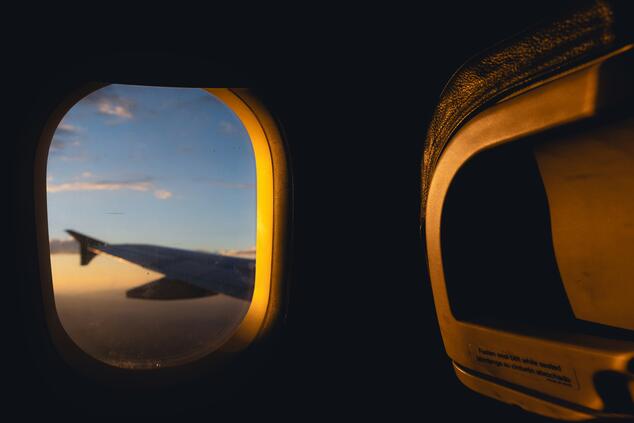

Trains vs Airplanes
Another sustainable alternative to air travel is the train. Traveling by train causes much less environmental pollution than air travel. For example, a train journey from London to Madrid emits 43 kg of CO2 per passenger, whereas by air this figure would be 118 kg (or 265 kg if non-CO2 emissions are included). The margin between train and plane emissions varies depending on the type of train and the source of electricity used.
In Europe, the trend to opt for train over plane has gained momentum, especially after young activist Greta Thunberg popularized the terms Flygskam (shame to fly) and Stay on the ground. In Sweden, train travel has increased by 8% at the expense of air travel, and other regions are beginning to follow suit. Many European rail networks, such as Renfe in Spain and SNCF in France, are investing in high-speed trains and improving the energy efficiency of their operations.
In addition, several European countries are promoting initiatives to make train travel more attractive. In Germany, the government has reduced long-distance train fares to encourage their use. In France, the government has banned domestic flights on routes where the train can make the same journey in less than two-and-a-half hours.
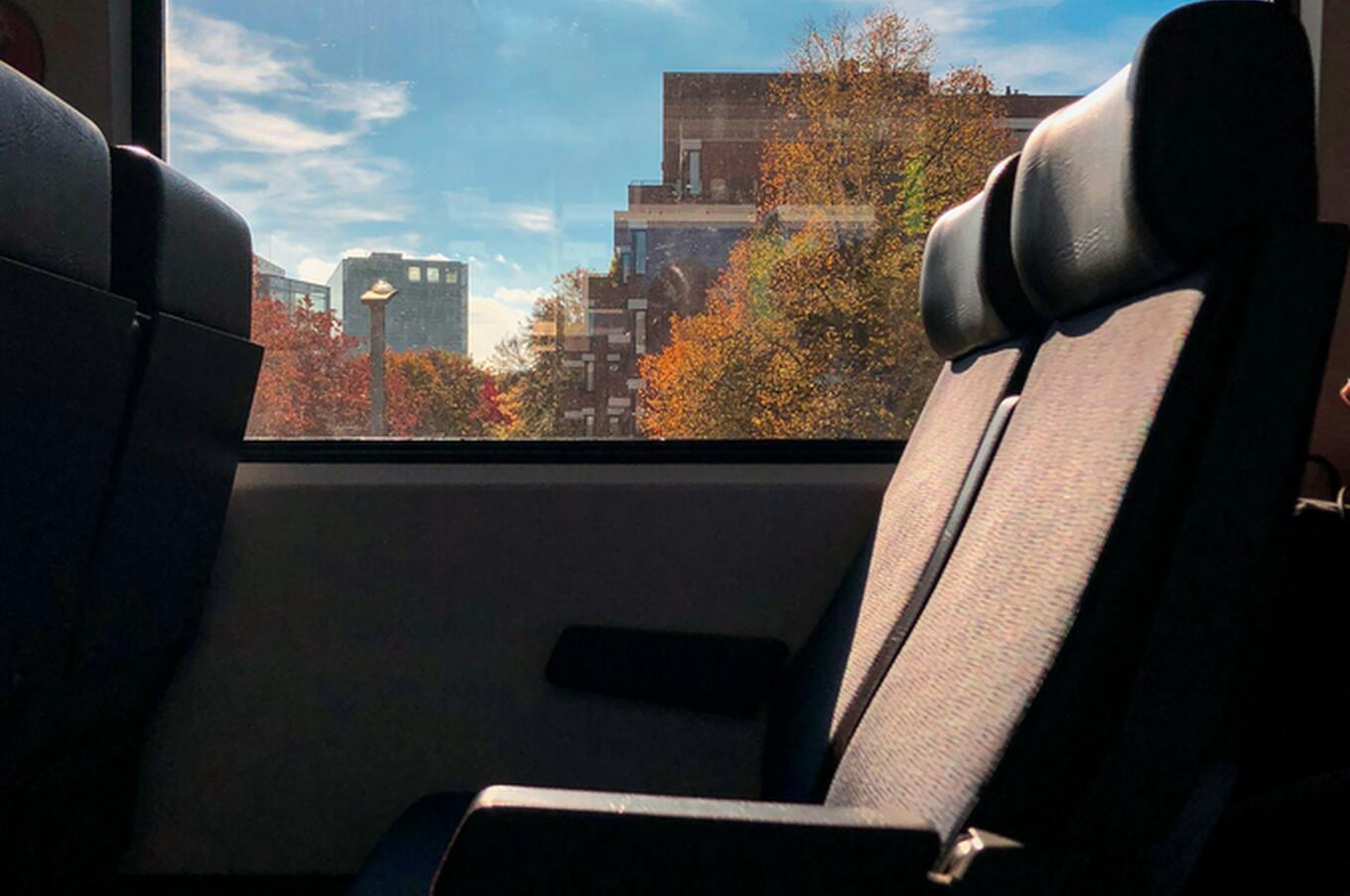
Sustainable accommodations
A sustainable tourism environment is one that shows authenticity and contextualization of the experience. Examples of sustainable accommodations include:
Misool Resort (Indonesia): This resort has established a No Take Zone (NTZ) to protect coral reefs and shark populations in Raja Ampat. Coral reefs play a crucial role in absorbing carbon dioxide from the atmosphere and are essential to the balance of the marine ecosystem. Thanks to Misool's conservation efforts, shark populations have begun to recover, which in turn has helped restore the health of coral reefs in the region. This resort educates and trains the local community in sustainable practices.
Morgan's Rock Hacienda & Ecolodge (Nicaragua): This lodge was built with minimal impact on the environment and with respect for the local indigenous communities. It uses sustainable materials and has designated nearly half of its property as a Private Reserve for wildlife conservation. Morgan's Rock is also committed to supporting the local community by hiring residents and investing in community projects, such as education and health. It also participates in reforestation and tree planting programs, contributing to climate change mitigation and habitat preservation.
Cheetah Plains (South Africa): This lodge offers sustainable safaris using zero-emission electric vehicles, allowing for a quieter and less intrusive wildlife viewing experience. In addition, Cheetah Plains is committed to using solar energy to power its facilities and implementing sustainable waste management practices. It collaborates on conservation projects to protect big cats and other wildlife, working with local organizations to monitor populations of cheetahs and lions.
The role of travel agencies
Travel agencies and travel designers play an essential role in the future of conscious or responsible tourism. As destination and travel experts, they have the necessary information about the ecological footprint implicit in each trip and can be the best advisors for responsible travelers. By recommending sustainable accommodations, eco-friendly modes of transportation, and activities that respect the environment and local communities, travel agencies can help encourage more conscious and sustainable tourism.
In addition, travel agencies can offer customized services for travelers seeking sustainable experiences. This includes planning itineraries that minimize environmental impact, recommending suppliers and accommodations that meet high standards for sustainability, and promoting activities that support local communities and environmental conservation.

Sustainable tourism is not only an environmental necessity, but also an opportunity to preserve the cultural and natural richness of our planet. By opting for responsible and conscious travel practices, travelers can contribute to the economic and social sustainability of local communities, reduce their environmental impact, and enjoy a more enriching and authentic travel experience. Airlines, accommodations, and travel agencies are increasingly embracing sustainable initiatives, making it easier for travelers to make more responsible choices.



